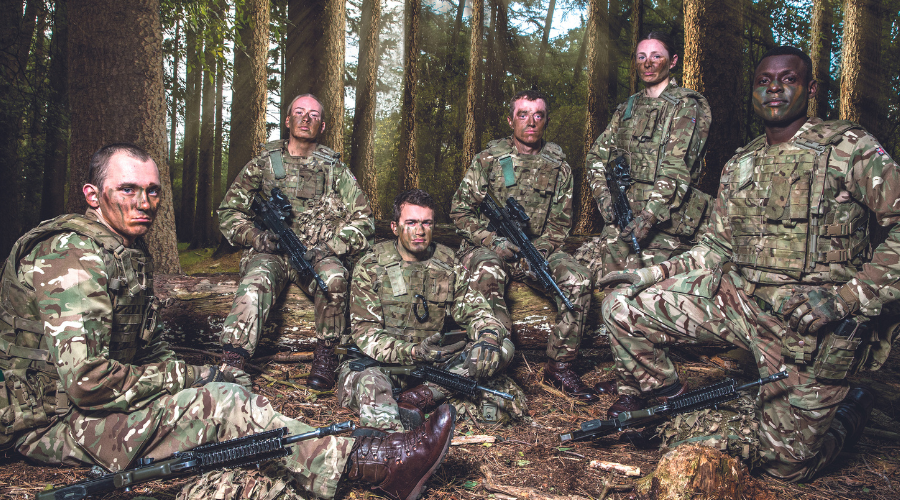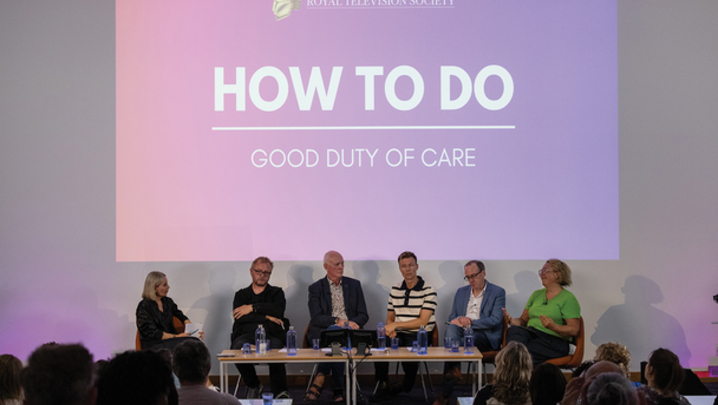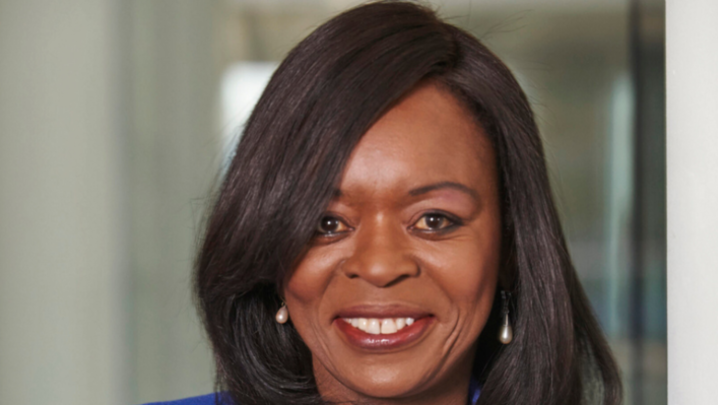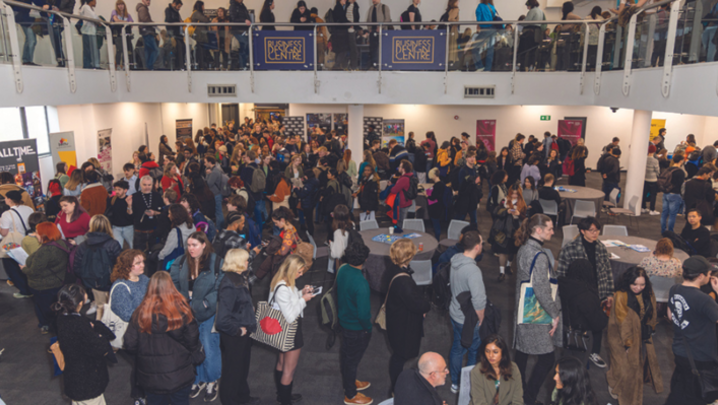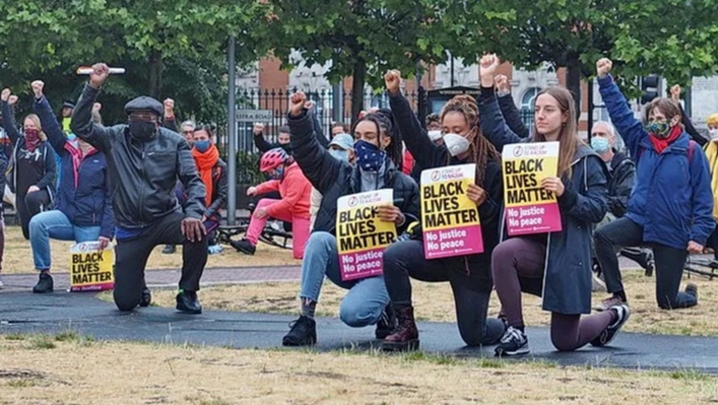Two recent observational documentaries – both made in Yorkshire – have taken viewers into the world of the British military.
Paul Wells, series director of BBC One doc Soldier, and Mark Tattersall, executive producer of Channel 4’s Top Guns: Inside the RAF, discussed making the docs at an online RTS Yorkshire event last month.
For Top Guns, Leeds-based True North Productions took cameras inside Scotland’s Lossiemouth airbase and the planes policing Nato airspace. Tattersall, an experienced hand at making military docs – he worked on Channel 5’s Warship: Life at Sea – said the RAF wanted to “showcase what it did [and was offering] access to nearly all areas”.
True North won the tender to make the series but, Tattersall said: “Winning the access was one thing, making the show another. [The RAF] was not geared up to inviting cameras in – they hadn’t realised what that actually meant.
“In the early days, they almost treated us as a news crew with controlled access… it wasn’t true observational documentary storytelling initially; it took some time to learn together how to do this.”
To make the series, Tattersall said he needed “safe pairs of hands”. The military “are very sensitive. If you say something that’s out of step or not in line with their culture, very quickly your access can change. I said to everyone: ‘We’re guests in their house.’”
Wells added: “You need communication and people skills… it doesn’t matter how good a camera operator you are, if you can’t build [a] relationship with the contributors, understand the culture of the organisation and navigate that culture.”
Soldier – made by Label1, maker of BBC series Hospital – follows infantry recruits as they leave friends and family for the army’s training centre in Catterick, Yorkshire.
“[It’s] all about the transformation… of a young civilian into an infantry soldier who may be asked to go on to the front line,” said Wells. “We spent a lot of time talking to them… trying to find those [with] something about them… some spark.”
Soldier follows two women in the platoon. “They’re entering a male-dominated world and the extra challenges that gave them was really important to us… you are looking for diversity in your cast, also for great characters… with great stories. Both of those girls were great characters with good stories,” said Wells.
He continued: “We spent six months with these recruits trying to… find out who they really were… [which was] a challenge.
“[The army] doesn’t want people who are incredibly emotional; part of the process [with recruits] is to strip that away and build robust, strong people, who don’t show emotion and aren’t affected by all the things they may be asked to do.
“This was the most difficult, physical challenge of filming I’ve ever had… there was a lot of running.” One moment stood out: Wells was shooting in Scotland at 2:00am and, unlike the soldiers, didn’t have a night sight. “I fell into water up to my waist while recruits were just walking past me.”

